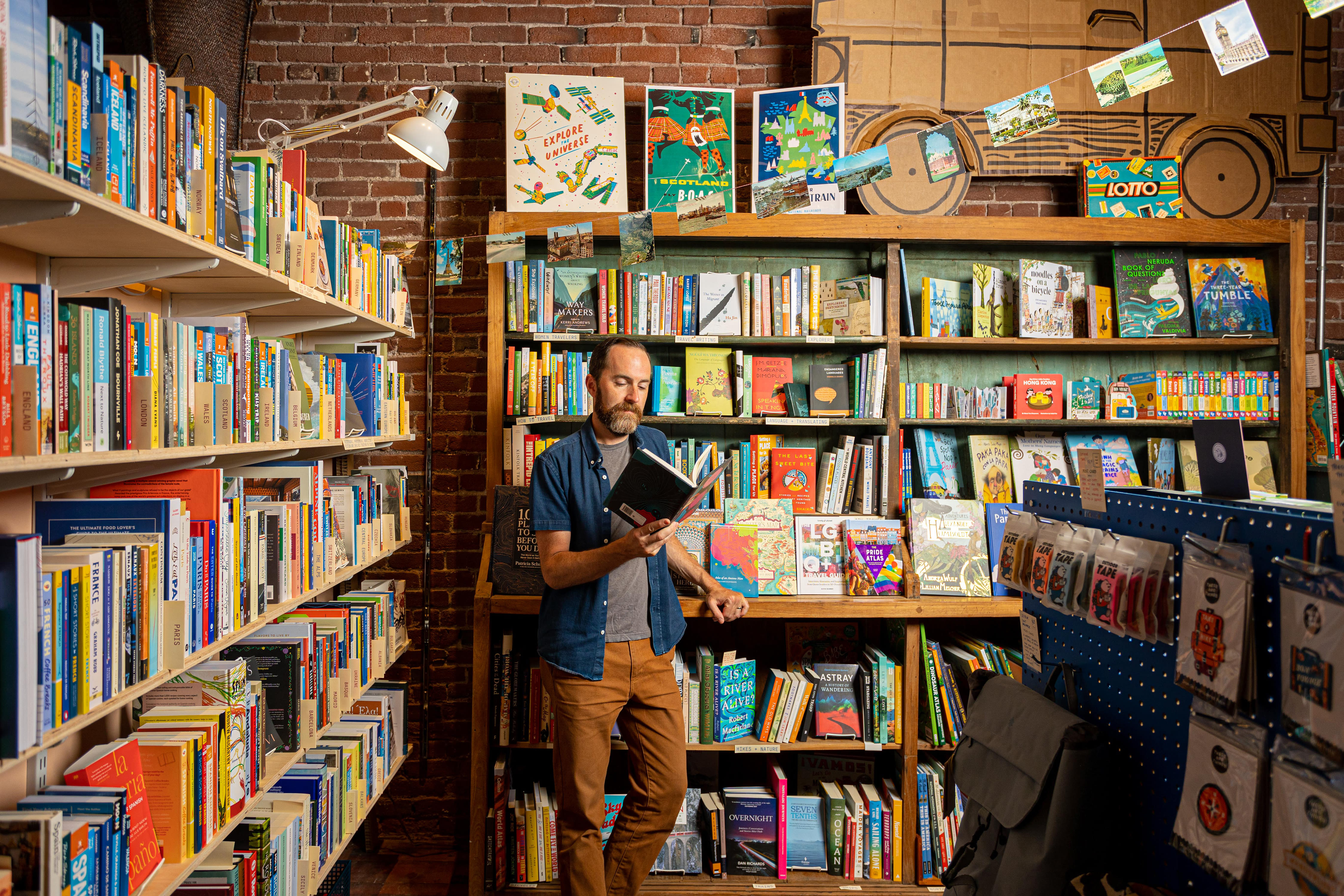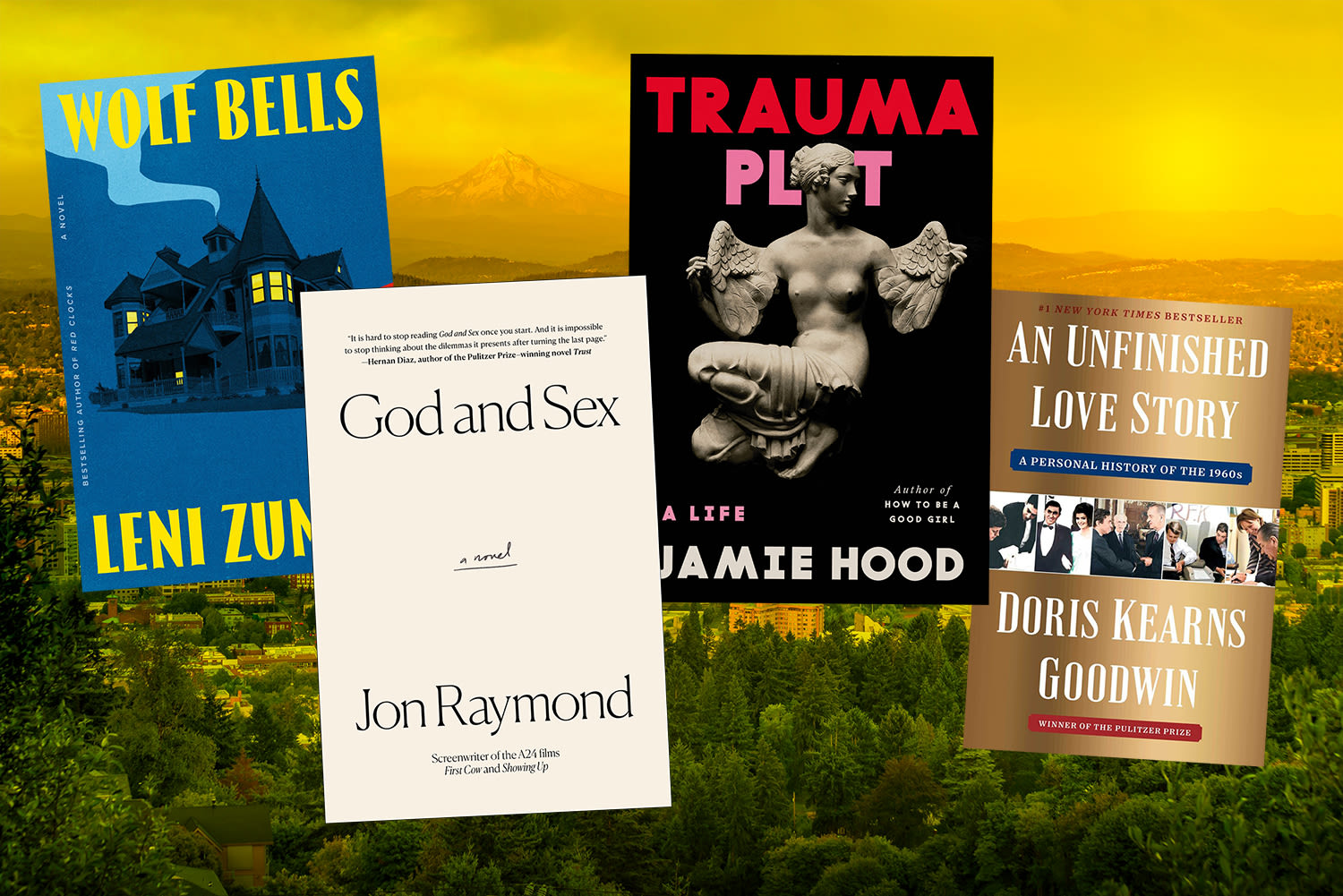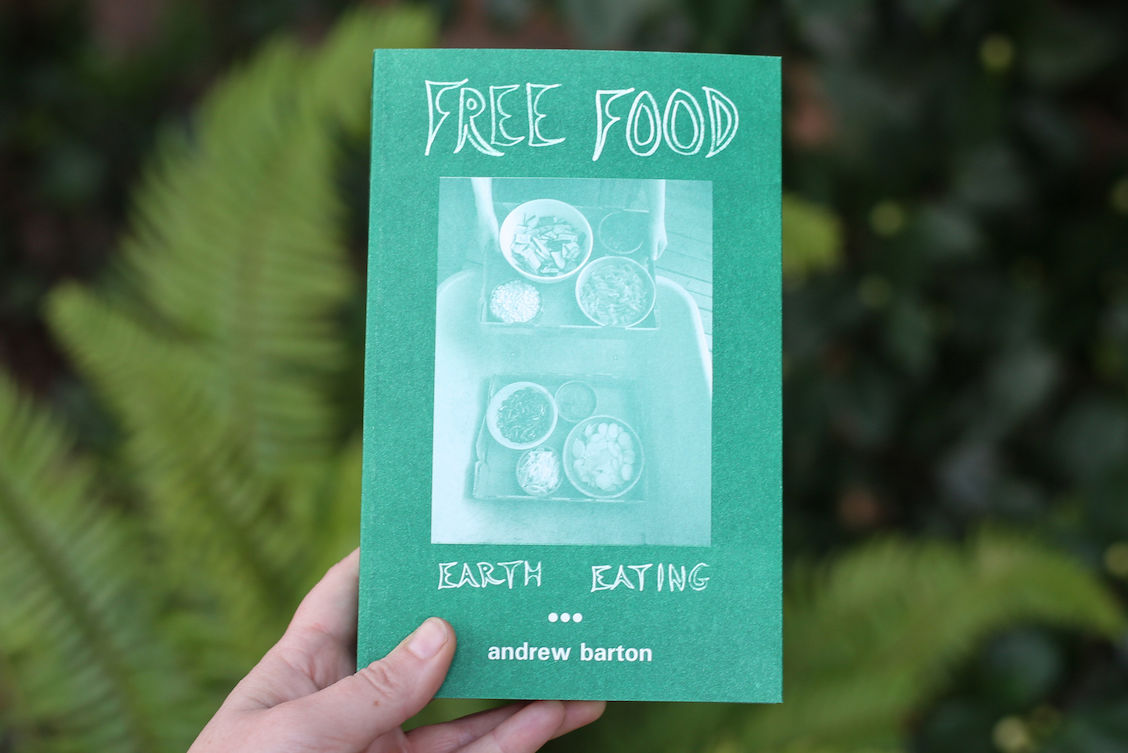6 Questions for Celebrity Chef and Cookbook Author Chris Cosentino
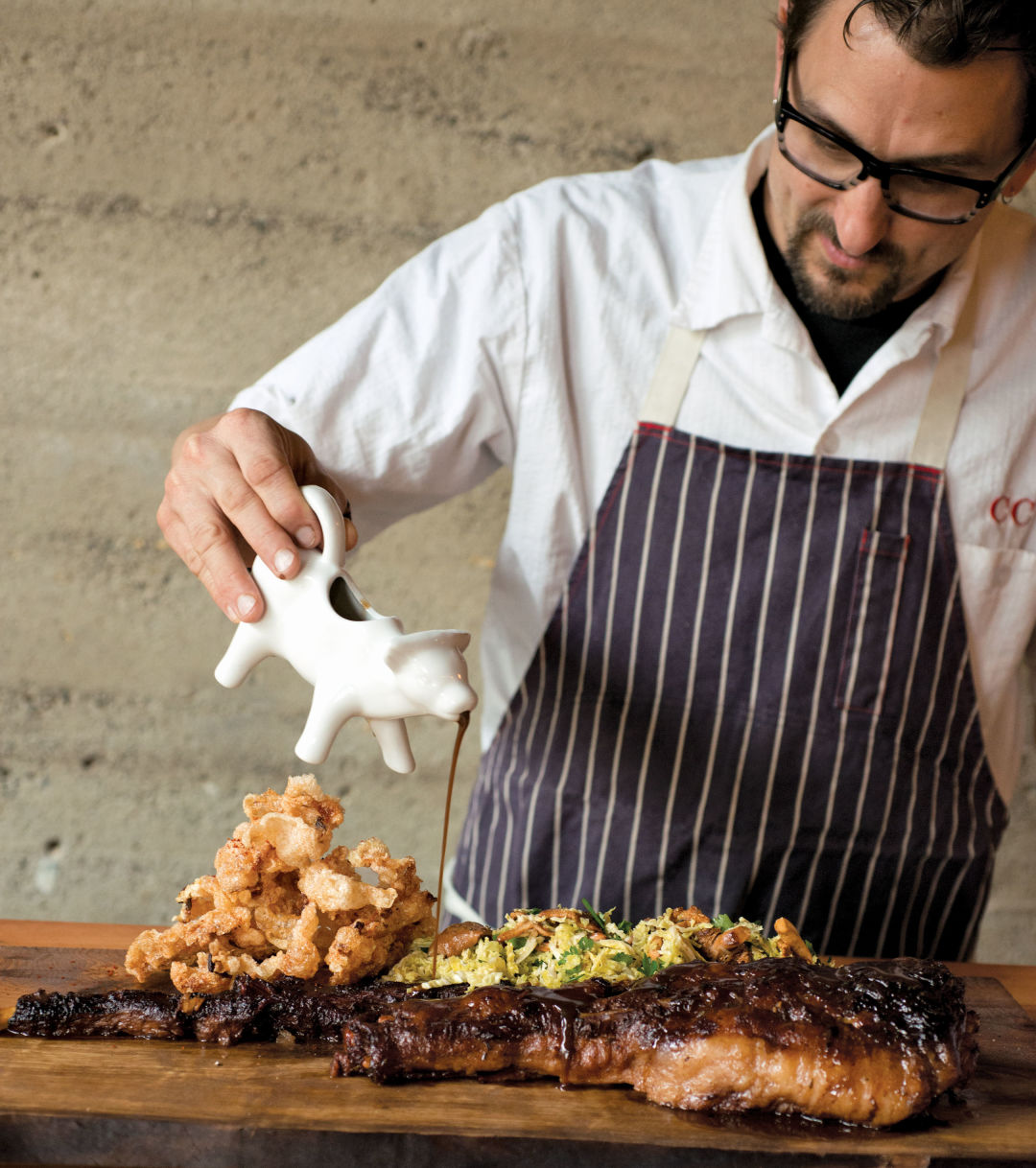
Chris Cosentino
Image: Michael Harlan Turkell
Chris Cosentino and his Portland hotel restaurant, Jackrabbit, have been a little slow to catch on since opening this spring. But farther south, in San Francisco, Cosentino is a major food celeb—he's starred on shows like Top Chef: Masters and The Next Iron Chef and earned accolades for his time at Incanto and his own Cockscomb.
On August 29, Cosentino’s second cookbook, Offal Good, will hit shelves—and it’s a doozy. For those who don’t already know, Cosentino’s particular passion is offal, or organs, extremities, and odd bits. For some, it will be a groundbreaking new resource for cooking with the lesser-known cuts; for others it will be positively gruesome. (Check out the October issue of Portland Monthly for the full review). We sat down with the storied chef to talk offal, animal philosophy, and the American palate.
What’s the deal with your offal obsession?
I used to get attacked by vegetarians—everybody saying I was horrible. But I’m choosing to utilize everything, instead of just picking the pork chop.
We’re the only culture in the world that won’t eat organ meat on a daily basis. In Italy they celebrate with the slaughter of a whole hog, make blood sausage, put up hams, make sofrit. We fell behind because we were caught up in this mechanized lifestyle of certain cuts—skeletal cuts only, and not the rest of it. We wonder how mad cow and all these diseases came to be. It’s because we were pushing animal growth for skeletal muscle but not using the whole animal and feeding appropriately.
My mother won’t touch offal, because she was around during World War II, rationing—forced to eat tongue. I just don’t want these things to go away. The last book that taught people to cook like this was Variety Meats, by Richard Olney in the Time Life series.
Culturally, we are so afraid of things here that we can’t deal with it. We won’t eat horse; won’t eat [animals we also consider pets]. In other countries that’s the norm. What are we afraid of?
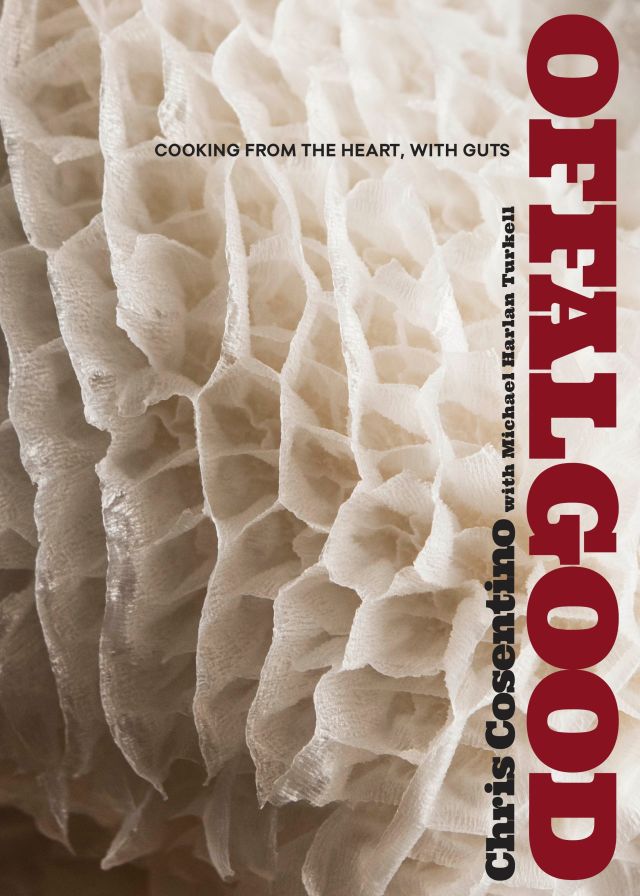
Offal Good drops August 29.
Image: Michael Harlan Turkell
What’s your tactic for getting people to start eating more offal?
A lot of it is putting the familiar with the unfamiliar. I can’t tell you how many times I’ve heard someone say, “ohhh braiiins.” Or dudes saying, “I’m not going to eat balls.” What dictates a tenderloin being haute cuisine, and tripe not? The tenderloin muscle is used for pushing turds out. We’ve got a disconnect to where our food comes from and why. When you change somebody’s perspective on what should be considered delicious or not, it’s incredible.
Is it texture? We have to get over those fears and say, “You know what? This is going to have a different texture for me. It may be a little bit more intense, but it still has the underlying flavor of that animal.”
The udder [of a cow] tastes like foie gras if you cook it properly. I make bacon out of cow udder, and it is incredible. It’s very traditional Argentinian. This is the biggest thing I keep trying to explain to people. I’m just repackaging. It’s like I took an old fucking G.I. Joe, and put him in a fancy new package so the younger generation will love it. And that’s what grandmothers have been doing for generations upon generations. I’m not doing anything different. I’m just riding on the backs of thousands of grandmas before me.
Is there anything you won’t eat?
I won’t eat balut (cooked bird embryo), and I won’t eat natto (fermented soybeans). I hate natto. To me it looks like rabbit pellets mixed with snot. It’s just wrong.
Tell me about the time you slaughtered your first animal.
I took my team to harvest an animal, and no one burnt anything for a year; no one overcooked anything. It was absolutely brutal. The first animal I harvested was a goat. Then I had to take two kids. I held them until they died. You go through so many emotions compiled into one. Fear, hatred—you loathe yourself. You’re excited because you did something properly. You’re sad. And yet you feel horror for what you’ve just done. I don’t care how fucking tough you are—it’s hard. If I didn’t do it, I would’ve been the biggest hypocrite in the world.
Is it annoying to be pigeonholed as the “offal guy”?
Sometimes, yeah. My first book was Beginnings (2012), which ended up backfiring, because it wasn’t what anybody wanted or expected from me. It was about seasonal starters, apps, cheese, salumi. Great simple book. Everybody thinks I don’t know how to work with vegetables. 75 percent of the book was vegetables. Offal has always been 3 percent of my menu.
I think it’s just because I spent so much time researching and understanding and wanting to teach others. I’ve come up to Portland for events, and when I don’t serve organs, people are like “what the hell is this?” It’s frustrating that people think it’s the only thing I can do.
Why did it take you 10 years to publish Offal Good?
I wrote the original proposal with my wife, Tatiana. I was at Incanto and nobody cared. The subject was so taboo back then. We farmed it out but had no luck. Everyone would say, "horrible subject; not applicable; nobody’s interested; nobody eats that shit; that’s poor people food." I had Anthony Bourdain’s agent at the time, but still nobody would touch it. Finally, after I won Top Chef: Masters serving organ meats, Clarkson and Potter agreed to do it. I’m proud of what we’ve done.

